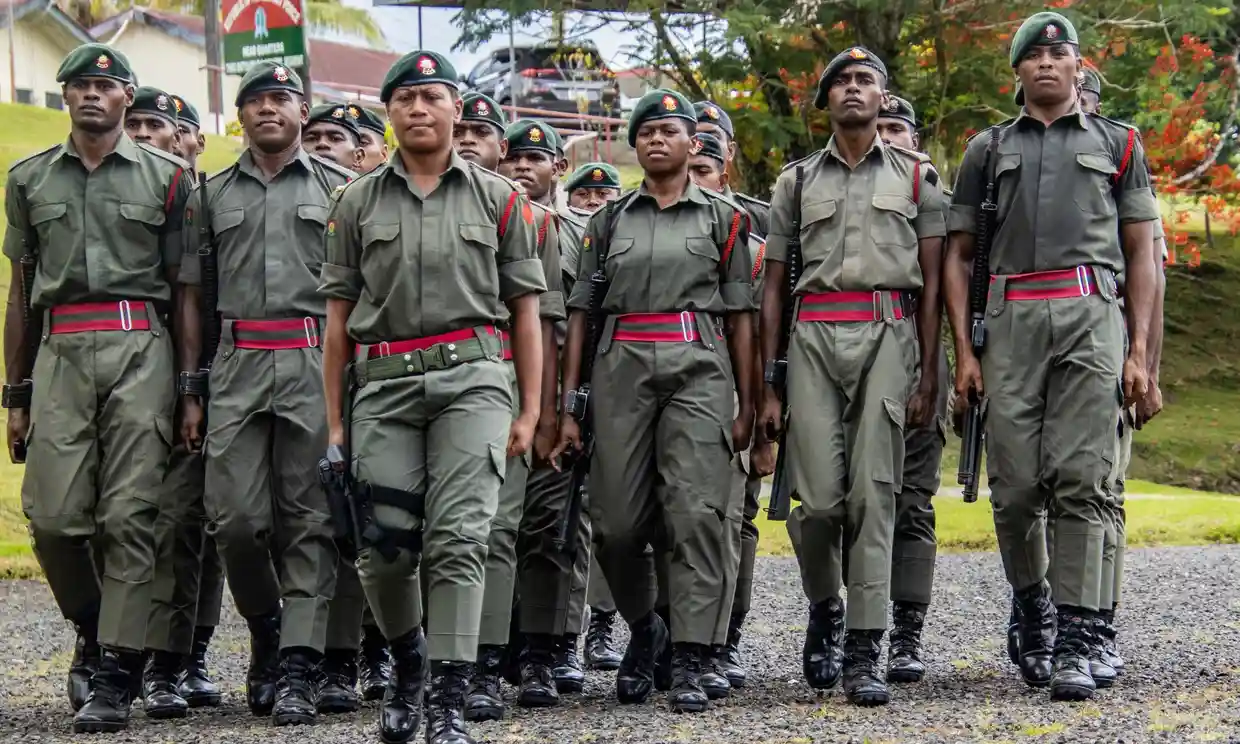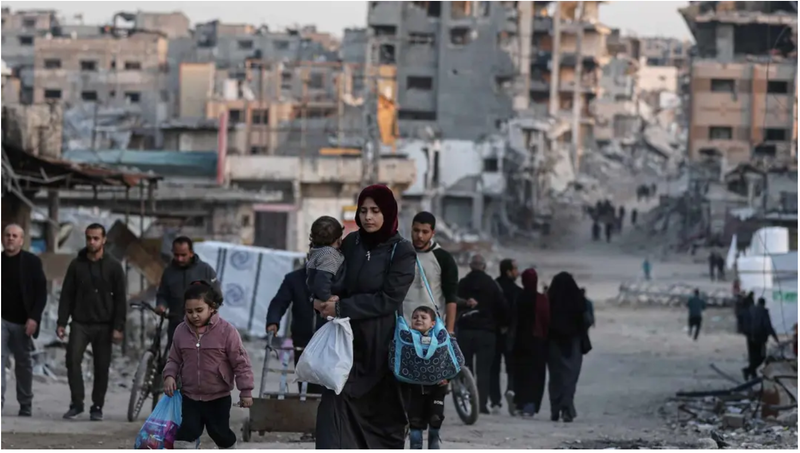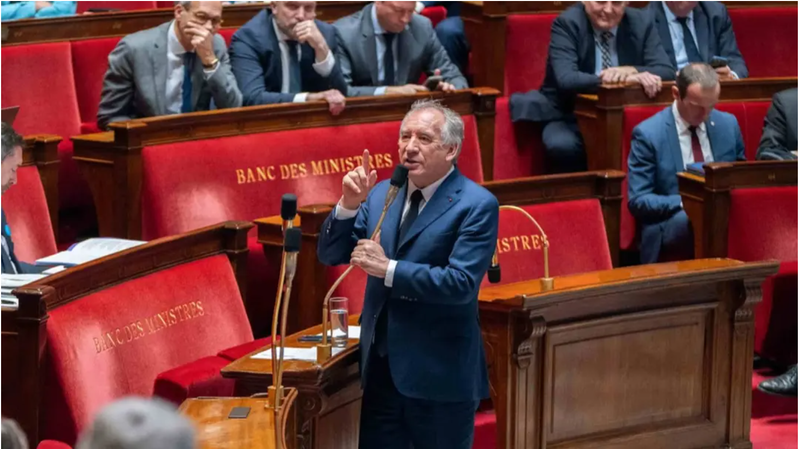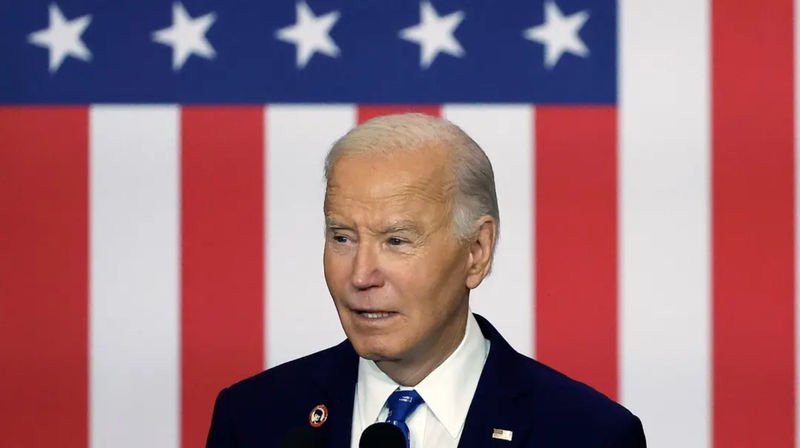Fiji's Military Called in After Disputed Election
On Thursday, the Fiji Police requested military assistance to maintain security and stability in the country due to alleged threats against minority groups, just over a week after outgoing PM Frank Bainimarama lost power in a general election.

Facts
- On Thursday, the Fiji Police requested military assistance to maintain security and stability in the country due to alleged threats against minority groups, just over a week after outgoing PM Frank Bainimarama lost power in a general election.
- The decision was reportedly made after police and military leaders met with Bainimarama, who has refused to concede defeat. On Wednesday, his FijiFirst party's general secretary stressed he remained as incumbent PM and cast doubt on the validity of the internal voting in the kingmaking Social Democratic Liberal Party (SODELPA).
- This comes as SODELPA leaders narrowly decided by 16-14 to back opposition leader Sitiveni Rabuka instead of Bainimarama, forming a tripartite coalition with the People's Alliance party and the National Federation party.
- Outgoing Bainimarama has served since a 2006 coup, while Rabuka previously served after a 1987 coup before being voted out in 1999. Bainimarama has won two elections since taking power, legitimizing his rule.
- The island nation has endured four coups since 1987, mostly stemming from tensions between the Fijian and large Indian minority population. The constitution was amended in 2013 to remove a race-based electoral system that favored ethnic Fijians, opening the door to free elections.
- The third election since the 2013 constitutional reforms reintroduced democracy was marred by voting irregularities and allegations of fraud. Five political parties called for recounts after election night anomalies, and Rabuka was questioned by police after calling for military intervention.
Sources: Bloomberg, Al Jazeera, Guardian, BBC News, and New York Times.
Narratives
- Pro-establishment narrative, as provided by Fiji Times. Despite allegations of electoral fraud, Fijians have much to celebrate as they are looking at the first peaceful transfer of power in their history. Political parties working together for change reflects the will of the people, and this new government will be a momentous occasion for Fijians. It's time to close the book on the tumult and disrespect for the rule of law that has colored politics on this island for too long, put differences aside, and move the nation forward.
- Establishment-critical narrative, as provided by The Conversation. The reintroduction of democracy should be lauded, but it also opens the door to new causes of strife in the nation. Rabuka and his coalition partners have ethno-nationalist tendencies that could tear open ethnic fault lines in the country. There are reasons to be optimistic, but a transition to democracy is no easy task. It remains to be seen if the former coup leader has the respect for democracy that he claims.






